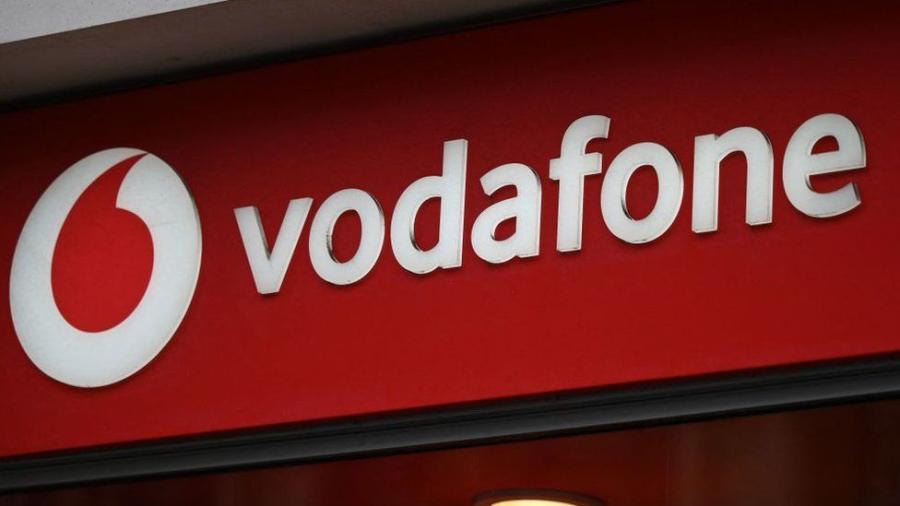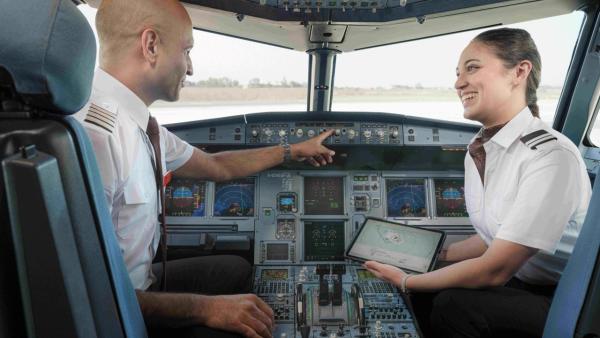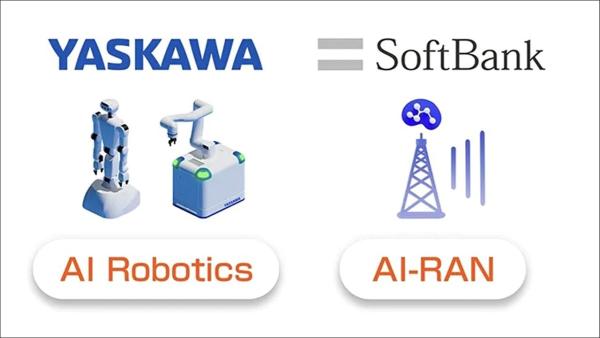
Vodacom South Africa and the World Wide Fund for Nature (WWF) South Africa have teamed up to pilot solutions to safeguard marine mammals against entanglements.
This work is being piloted in Saldanha Bay on South Africa’s West Coast where traditional fishing communities are struggling with problems caused by overfishing, pollution and climate change. A sustainable alternative has been the development of off-shore, rope-grown mussel farms which provide both a low-impact, protein-rich source of seafood along with employment and economic development. But, while rope-grown mussels are green-listed, a potential risk is entanglements of marine mammals, including whales.
This is where Vodacom, in partnership with WWF South Africa, has stepped in with a technological solution. Using cameras and hydrophones, the AI-based technology solution is able to alert mussel farmers to whales in the Saldanha Bay Aquaculture Development Zone (SBADZ) and activate the ADZ Incident and Emergency Response Protocol in the case of an entanglement.
According to WWF, whales have a vital role to play in the overall health of the marine environment; helping to capture carbon from the atmosphere. Estimates are that each great whale sequesters an estimated 33 tons of CO2 on average, thus playing their part in the fight against climate change. Unfortunately, six out of the 13 great whale species are classified as endangered or vulnerable, even after decades of protection.
Beyond its ability to prevent whale entanglements, the early warning system will also be used to gather scientific data by recording the movement of marine life and could help to prevent ship strikes for other superpods, such as seals and dolphins. Once the pilot project has been completed in Saldanha Bay, the solution can be expanded to other coastal areas and fisheries.









